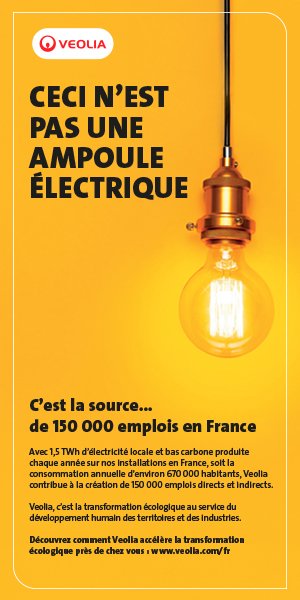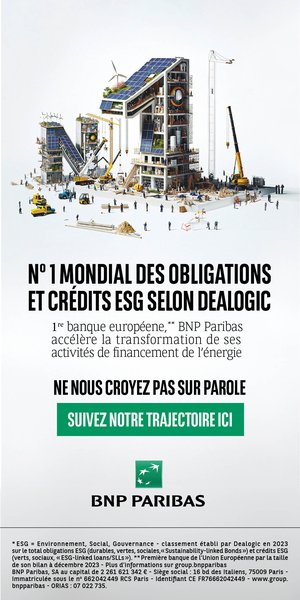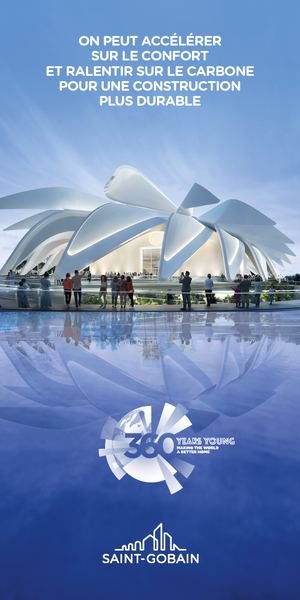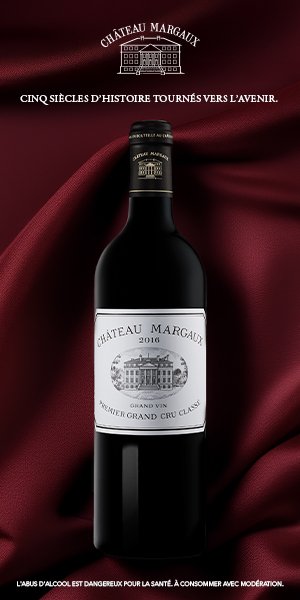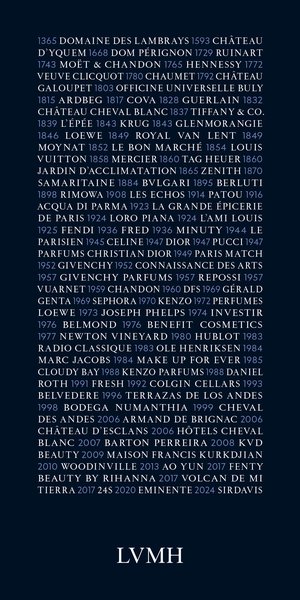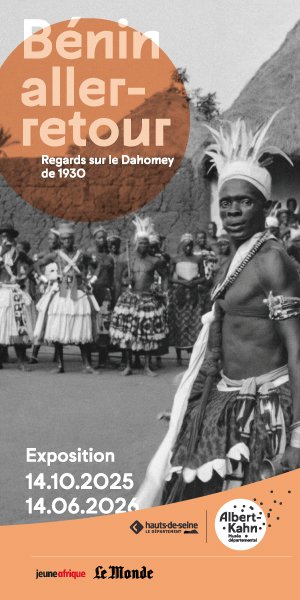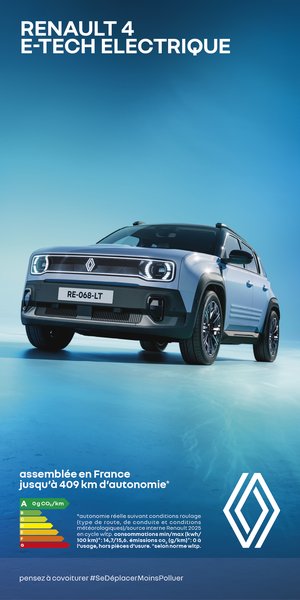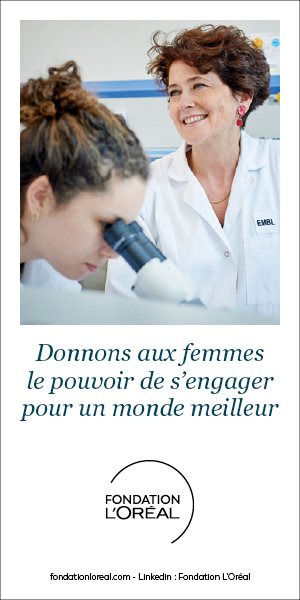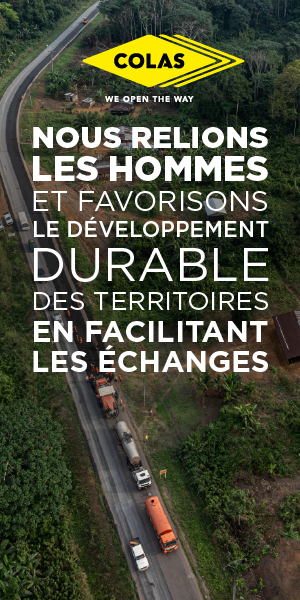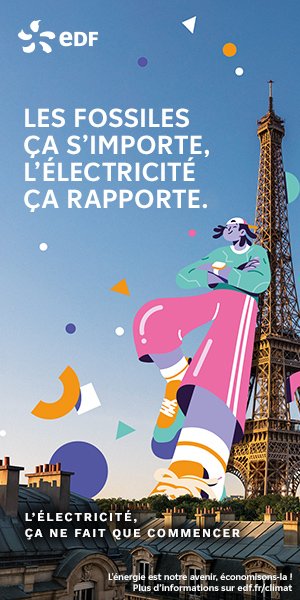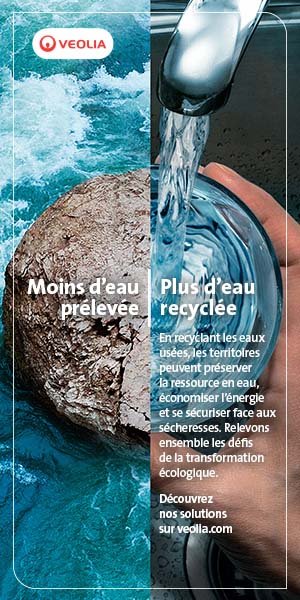Politique Internationale — How great is social risk today?
Christian Le Roux — For several years now, our compatriots, unlike the inhabitants of other neighbouring countries, have been feeling increasingly downgraded. Fear of losing their purchasing power, fear of foreigners, fear of their neighbours, fear of the future, fear of science, fear of the environment – in fact, fear of the unknown. Yet never before has our society developed so many tools for solidarity and proximity. This is one of the paradoxes of the French, who benefit from a solid social protection system, a healthcare system that is the envy of many, a favourable employment situation, an education system for all... The voluntary sector has therefore become a guide and a reference point for many of our fellow citizens who feel neglected. Bleu Blanc Zèbre’s mission is to identify, bring together and replicate all the positive initiatives that are flourishing in all areas, whether rural, suburban or urban.
P. I. — Your commitment is strong and well-established, and has been for ten years now. What makes it so?
C. L. R. — In 2014, the National Front came out on top in the European elections. The event itself had a powerful impact. It also raised concerns. The writer Alexandre Jardin came to see me at the French Economic, Social and Environmental Council (CESE), where I work as the chief of staff to its president, Jean-Paul Delevoye. He was shaken by the election results, but also knew that the regions were teeming with initiatives that could give hope and energy to people suffering from a feeling of abandonment and a fear of being left behind. That’s what Bleu Blanc Zèbre is all about: reinjecting vitality thanks to the strengths of the entire network of associations. In less than three months, we are going to put this worthy aspiration into practice. Politicians are playing an important role: at an event at the EESC, leading figures such as Alain Juppé, Anne Hidalgo, Jean-Paul Delevoye and Xavier Bertrand supported this commitment. We are all convinced that an association that would be a sort of platform for all the associations is a highly appropriate tool for pooling energies. This approach may seem theoretical, but it is based on a number of practical examples we see on a daily basis: for example, a family whose child has just had a serious accident and which is mobilising to find them an appropriate living environment; in another, less dramatic vein, the followers of a little- known sport who are looking to increase the pool of practitioners; or those people who, to alleviate the difficulties of segments of the population in using the Internet, intend to help them. Bleu Blanc Zèbre believes that these collective initiatives could be profitably duplicated, provided, of course, that word gets out and people are aware of what’s going on elsewhere.
P. I. — If you were to take stock of the steps taken, which issues would you focus on first?
C. L. R. — Let’s start by talking about rural areas. All too often, social problems are confined to towns, or even large cities, even though the countryside is also hard hit. Medical depopulation has become an extremely problematic reality. At the same time, the recurrence of ‘white zones’ remains alarming: in the age of the digital revolution, too many households are still deprived of the basic tools. We’re particularly interested in municipalities with between 500 and 3,500 inhabitants, where one job in particular is at risk: that of the town clerk. It’s quite simple – the person in question is asked to do almost everything: to be mayor, lawyer, service provider and even psychologist! It’s far too big a job, and it’s likely to discourage people from taking it up. Bleu Blanc Zèbre has chosen to deploy a method called ‘the challenges of mayors’: it is not limited to the rural environment, but takes on a certain acuity there. In practical terms, because you come up against the same obstacles in Calvados, Cantal, Var or Aveyron, it’s a good idea to share your difficulties so that the exchange of problems becomes an exchange of solutions. I would certainly feel less alone and less unsupported if I learnt that a few hundred kilometres from where I live, another person has used this method to resolve a particular complication.
P. I. — The countryside, but also the neighbourhoods: are the suburbs destined to remain the epicentre of social risk forever?
C. L. R. — The fact that Bleu Blanc Zèbre is based in the suburbs gives us access to a series of sensors that are extremely instructive about the state of things. The suburbs are all too often stigmatised: to hear some people talk, they are reduced to drug trafficking, cellars that are the scene of the most sordid assaults, and a host of illicit trades... Of course, there’s no question of underplaying these excesses and abuses, but the neighbourhoods are also proving to be an extremely fertile breeding ground for dynamic initiatives. I’m thinking of Zup de Co, an association that helps disadvantaged pupils gain access to the business school network. Zup de Co is far from being an isolated example: there are many initiatives aimed at broadering the range of opportunities for opening up a future, across a variety of fields. I’m stressing this abundance because it’s real: the neighbourhoods are also a greenhouse for solutions.
P. I. — You mentioned the importance of dialogue with elected representatives. Given the extent of social risk, are they in a position to change things?
C. L. R. — Elected representatives need to be kept informed. Our aim is to provide them with as much information as possible to give them a clear picture of the situation. We have launched an event called ‘Territoires et solutions’. The idea is to hold regular meetings with a wide range of stakeholders, starting with elected representatives, in a setting where they can speak freely and meet our Zebras, depending on the issues they face. And not just any issues, because we ask the networks of elected representatives beforehand about the problems that are most important to them in the short and medium term. We classify them by category (responding to an ageing population, building an after-school service in rural areas, guiding young people, etc.), we identify the Zebras who have developed a methodology with a demonstrable impact on these issues, and we make it possible to share solutions and network immediately after the event. In April, for example, we brought together more than 800 people – including local government officials and representatives of associations, of course – to discuss the most pressing issues. In this case, we’re the opposite of making theoretical assertions: the aim is to get everyone on board with innovative solutions that can be implemented quickly. At the same time, we’re rolling out another initiative, called ‘Route en communes’, which involves going out to meet elected representatives, carrying out a more or less full-scale survey, to get a close-up view of the difficulties they face. Coming back to the notion of sensors, Bleu Blanc Zèbre is gathering a wealth of information to support the deployment of solutions.
P. I. — When your association was founded, you defined six priority areas for action: the ecological transition, employment, education, fraternity, health and food, and housing. Each of these major indicators relates to potential social risks. After a decade of existence, would you say that certain signs have become more encouraging?
C. L. R. — The answer is nuanced. The fear of downgrading persists. Many people fear that the social ladder they have been able to climb will be closed to their children and grandchildren. Fears about security do not improve the situation. These are all factors that can encourage people to turn in on themselves and distrust others. Fortunately, this situation is counterbalanced by glimmers of hope, which are sometimes real shafts of light, like the solidarity we see every day in our country. Are the French a jealous people, in the sense that no one is satisfied with what they have? That’s not entirely untrue. But jealous people who also know how to get involved.
P. I. —The digital revolution: it’s presented as tremendous progress, even though the digital divide is a tangible reality. What are your thoughts on this?
C. L. R. — This technological revolution is not yet benefiting everyone. For those in the know, the gains are tremendous: tasks are accelerated, the thirst for curiosity is quenched, relationships are forged and strengthened... But those who don’t know, for whom a tablet is a difficult or even impossible object to handle, feel increasingly excluded. How many everyday activities are now accessible only via the Internet? If the technological shift continues in this two-speed way, inequalities will become dangerously entrenched. Digital education, with its attendant training dimension, must become a priority. Some of our Zebras, such as Villa Numeris, are working on digital illiteracy, responding to one of the major concerns raised in our survey of elected representatives during the preparation of ‘Territoires et solutions’.
P. I. — The existence of an association such as yours is proof of our ability to take social risk into account and to respond to it. But isn’t it also a sign of the failure of public bodies? You carry out tasks that the state could take on...
C. L. R. — Nature abhors a vacuum. In this case, when an area lies fallow, it’s not abnormal for an association to want to seize it and try to improve a social situation. When it comes to the role of the state, and in this case its shortcomings, let’s keep things in perspective: let’s not forget that when it comes to social protection, France has a fairly remarkable model. The state cannot immerse itself in all the issues facing society. Associations are also there to promote solidarity and the mechanisms of complementarity, right down to the last mile.
P. I. — Would you say that young people today are aware of the importance of getting involved? And that they are taking initiatives in this direction?
C. L. R. — There’s a paradox: on the one hand, the rising generation is very concerned about the balance between private and professional life. If you go back a few decades, the gap is obvious: back then, young people were much more eager to take on a job and a career. But on the other hand, today’s young people are quick to embrace causes, to get involved in this or that association, and to provide assistance with great enthusiasm. This phenomenon of a sometimes passionate population is very appreciable. We should also mention the importance of social networks: they help arouse curiosity in areas where young people would not spontaneously go.
P. I. — A word about the association’s name. It’s unusual...
C. L. R. — Le Zèbre is a well-known novel by Alexandre Jardin The name of the association is therefore a discreet tribute to the author. But that’s not all: the zebra is a whimsical, endearing, unexpected animal... and the zebra is impervious to the bite of the tsetse fly! Our platform does not deny these qualifiers. As for blue and white, these of course refer to the colours of the flag. In our own way, we are working for the country, to make things run more smoothly.
P. I. — Your initiative grew out of a political event. But that hasn’t stopped you from claiming total apoliticism from the outset...
C. L. R. — It’s an iron rule. Over the last few months, France has seen a lot of political activity; at no time have we taken the stage. We talk to elected representatives from all sides and we know that this is the key to our audience. Showing ourselves to be partisan would run counter to our primary vocation: to be on the lookout for as many initiatives as possible deployed in the regions, to then inform as many players as possible and ensure that these initiatives spread across our country.
P. I. — To be a bit blunt, how many divisions will Bleu Blanc Zèbre have in 2024?
C. L. R. — Today, we reach more than 3 million people through a network of around 450 associations employing nearly 4,000 people. All these associations have the Bleu Blanc Zèbre label. It goes without saying that this label is not obtained by a snap of the fingers. A selection committee has been set up to carefully examine the profiles of the applications. Three criteria in particular enable us to form a reasoned opinion. We are attentive to the innovative nature of the approach, the relevance of its positioning, and the replicability of the initiative. The associations selected by Bleu Blanc Zèbre are not intended to develop in isolation: on the contrary, we expect their operating methods to prove sufficiently inspiring to encourage others to follow in their footsteps.
P. I. — Would you say that Bleu Blanc Zèbre is sufficiently well known to the general public?
C. L. R. — We are not here to be recognised, but to be known for our usefulness. We are here so that the associations that are members of the platform embody our values, carry out projects and spread good practice. This philosophy does not prevent us from taking part in public debate. For example, we were involved in the Grigny Appeal in 2021, when a group of suburban mayors launched a National Council of Solutions, with the aim of sharing many of the ideas they had heard on the ground. We also contributed to the Borloo Plan
Similarly, we have regular exchanges with the Haut Conseil à la Vie Associative (HCVA) and a number of other bodies dedicated to social issues. But we don’t want to talk about these contributions or collaborations for the fun of it. We are here first and foremost to carry out in-depth work.
P. I. — As we said in our introduction, you have just celebrated your tenth anniversary. What is the association’s outlook for the decade ahead?
C. L. R. — We have a roadmap. This is based primarily on the ‘Territoires et solutions’ initiative. This approach enables us to cover the entire country. Year after year, our events encourage us to establish a foothold in a wider area. I’m confident that, in a few years’ time, the values of Bleu Blanc Zèbre will have spread almost everywhere. Of course, the threat of abandonment, neglect and downgrading – the range of risks that led to the emergence of Bleu Blanc Zèbre – will not have disappeared, but it is to be hoped that society will be in a better position to deal with them.
P. I. — One of the risks to the continued existence of associations is that they run out of steam. How do you keep the momentum going?
C. L. R. — Nobody owns the association. In particular, we make sure that the chairman never stays in place for too long, so that different personalities can make their mark. At the same time, our governing bodies rely on an extremely solid skills base with recognised specialists in every field, whose expertise is a guarantee of enormous added value on a day-to-day basis.
(1) Published in 1988, Le Zèbre won the Prix Femina. The novel recounts the rebirth of a passionate love affair.
(2) This ‘National Reconciliation Plan’ aimed to ‘bring the Republic back’ to the neighbourhoods.
